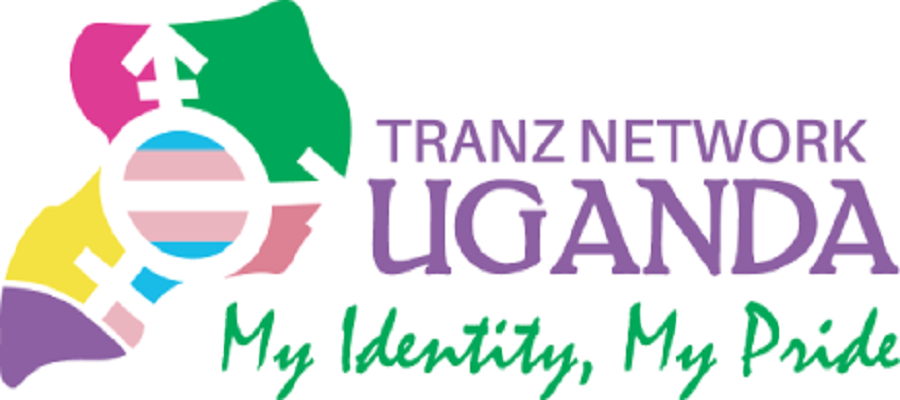Transgender Network Uganda (TNU), last week, launched their TREE Project which seeks to pass on to Trans persons, the necessary skills and support for economic empowerment. We spoke to the TNU Executive Director Apako Williams who revealed what the project is all about, what inspired it and what the organization hopes to achieve.
KT: What is the TREE Project and when was the idea conceived?
AW: The TREE Project is an initiative where we are tackling some of the underlying root causes wide spread self-stigma, limited access to employment, business development and financial literacy knowledge and the lack of organized groupings among the trans population. Its main aim is to create alternative channels of income through economic empowerment support and capacity building which will protect trans persons in Uganda from a life of desperation and improve their general mental welfare.
The idea for the TREE Project was first conceived in March 2020 after the outbreak of the COVID19 Pandemic. It was officially launched on 20th November 2020 as we commemorated the Transgender Day of Remembrance.
KT: What inspired the existence of the TREE Project?
AW: The prevailing social norms and legal system in Uganda remain very hostile towards transgender persons. A transgender needs assessment study conducted by TNU in 2018 found that a significant proportion of transgender persons face a range of discrimination, stigma and violence in all places. Over 41% of the transgender persons who participated in the study have experienced violence in public places including health facilities, restaurants and even schools.
The above has also been a stumbling block in access to employment and education among trans persons in Uganda. The assessment found that although a significant number of the respondents had attained secondary and tertiary education, the need for improved education access was expressed by 56% and with employment highlighted as the greatest need, reported by 67% of respondents. The needs assessment also revealed that over 59% of respondents (trans persons) live in households in the lower income quintile that is under two hundred thousand shillings (200,000ugx) monthly. There are a host of barriers to employment among the trans population in Uganda from self-stigma, and discrimination. It is important for these barriers to be broken as it is widely acknowledged that conditions of poverty and ill-health exacerbate each other in that poor health increases expenditure on medical care and reduces productivity and hence income. The constraints of low income in turn affect health negatively, through financial barriers to accessing good quality medical care, dietary deprivation and exposure to environmental risk factors such as poor sanitation and overcrowding.
Like persons with disability, trans persons are never recognized as a vulnerable group in Uganda. Example, Government is currently providing food rationing to the most vulnerable groups affected by the lock down due to COVID 19, but trans persons have been excluded due to them not being constitutionally recognized.
Such statistics and evidence are what inspired the project.
KT: How will the TREE Project work?
AW: TNU will use a private sector led approach which targets relationships, ownership, incentives, light touch intervention and continuous exit strategy. Through improving commercial relationships between market actors and actors seeing these new relationships and activities as beneficial, market facilitators invest in resilient interventions. Incentives can be used to “buy down” risk but careful consideration must be made about how this stimulation impacts beneficiary livelihood.
TNU will also facilitate linkages between business service providers/private sector actors like financial services, business development service providers, etc and the beneficiaries. This approach will create a better sustainability strategy for continuity beyond the project cycle by building relationships with actors where beneficiaries can easily have access to various business-related services. Establishing village saving and loan associations(VSLAs) will also enhance household saving culture and access to small group loans as Banks come in to train on financial literacy, offer bigger loans and safe custody of group savings beyond the capacity of VSLAs.
KT: What do you hope to achieve with this project?
AW: With implementation of the TREE Project, TNU hopes to improve the livelihoods of transgender persons through adoption and adaptation of the Village Saving and Loan Associations (VSLA) Methodology. VSLA approach will economically support trans persons who are interested in small loans since they can easily access loans from their saving groups at affordable interest rates since most of them do not have tangible collateral to present to the bank. The organised groups will also allow trans persons to tap into the existent government funding programs like Operation Wealth Creation designed to support collective engaging in commercial agricultural activities to boost their incomes.
KT: Who are your partners in this project?
AW: This very urgent and impactful project is supported by American Jewish World Service, Transgender CSO/CBOs and other key stakeholders
KT: Anything else you would like to share with our audience?
AW: This program is intended to create financial independence, increase on trans persons social and financial capital and ensure sustainable and resilient movements. Due to so many other economic disparities, transgender persons need to build concreate interventions that build up their confidence to relate, associate and belong. Our voice counts if we are the voice.




